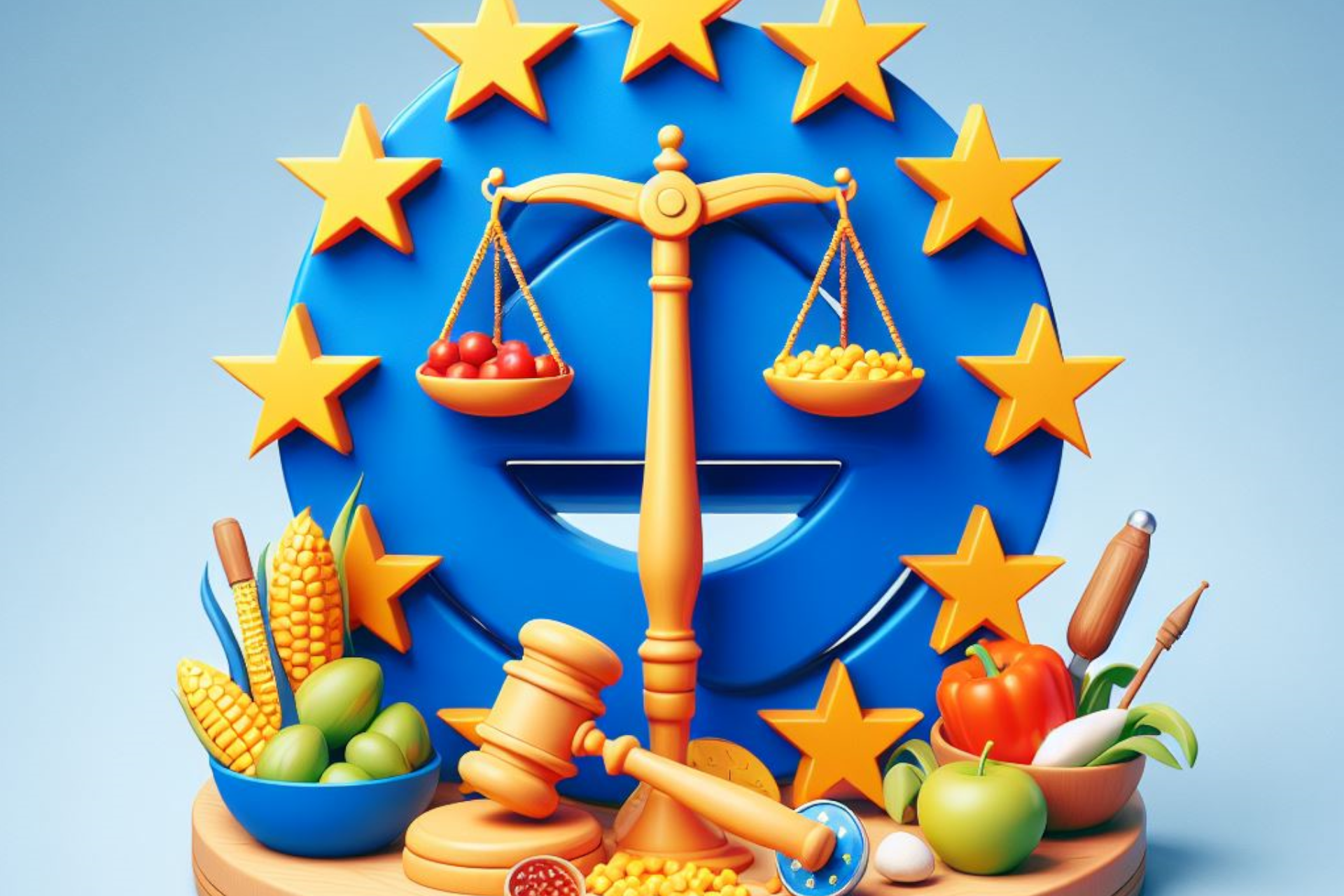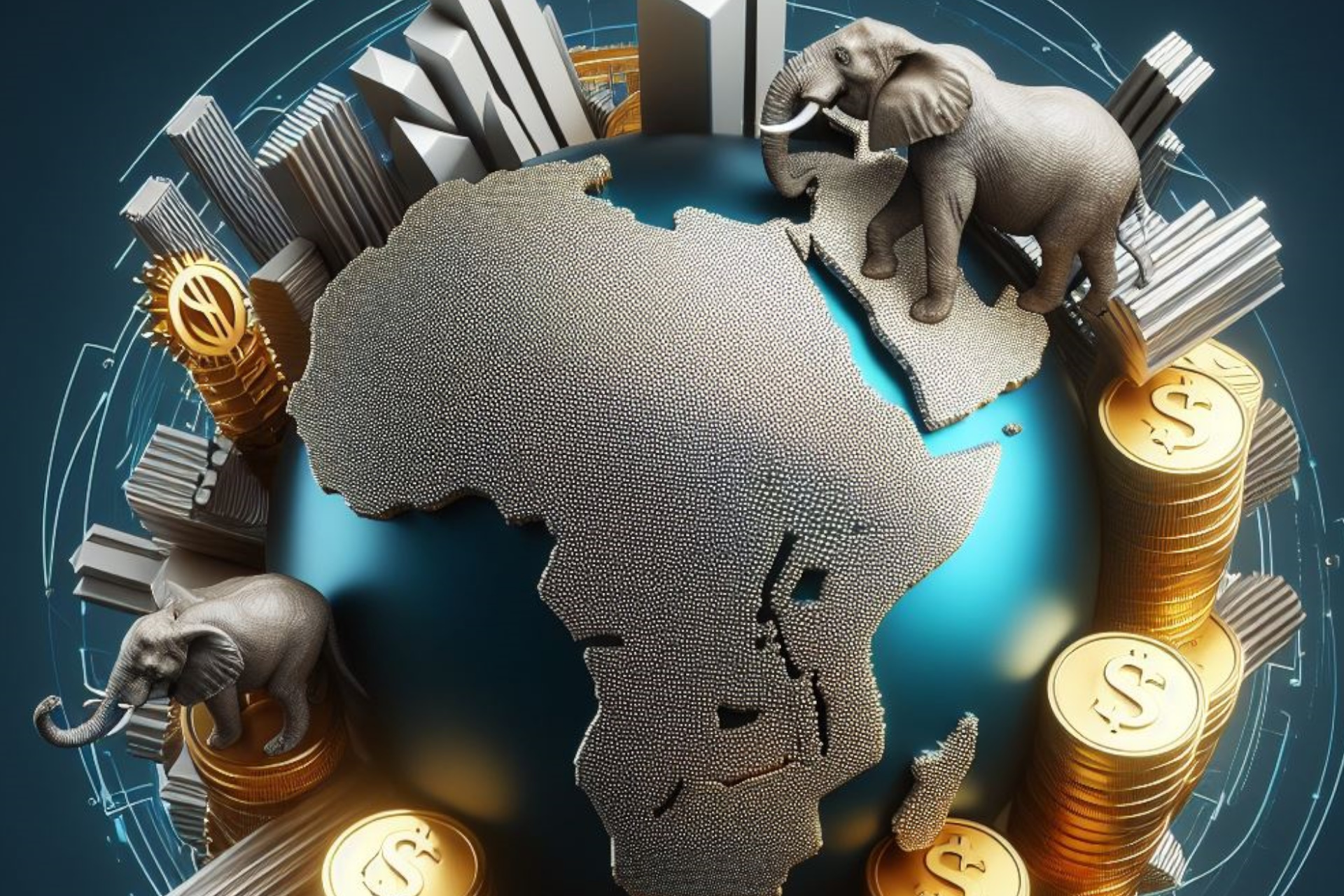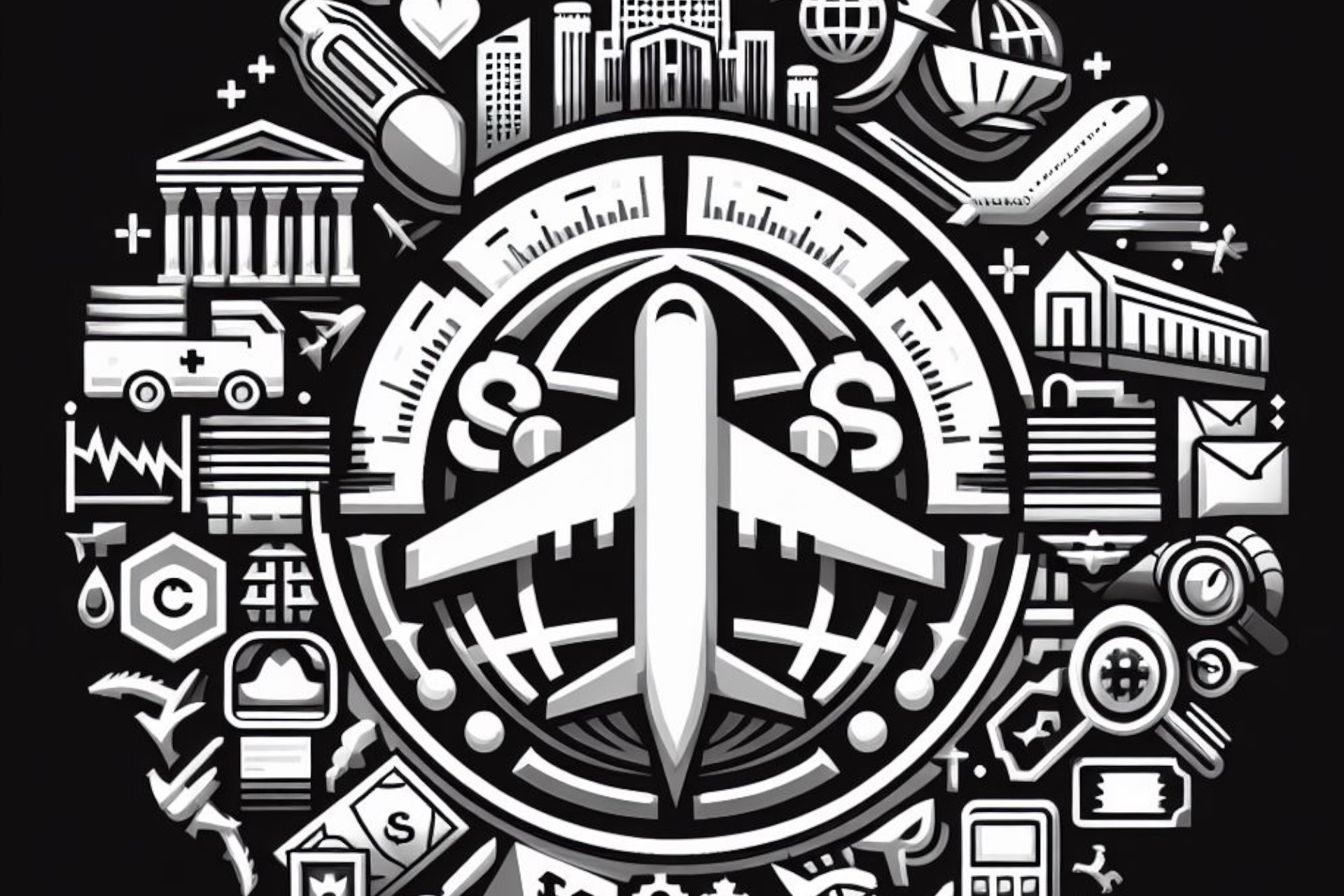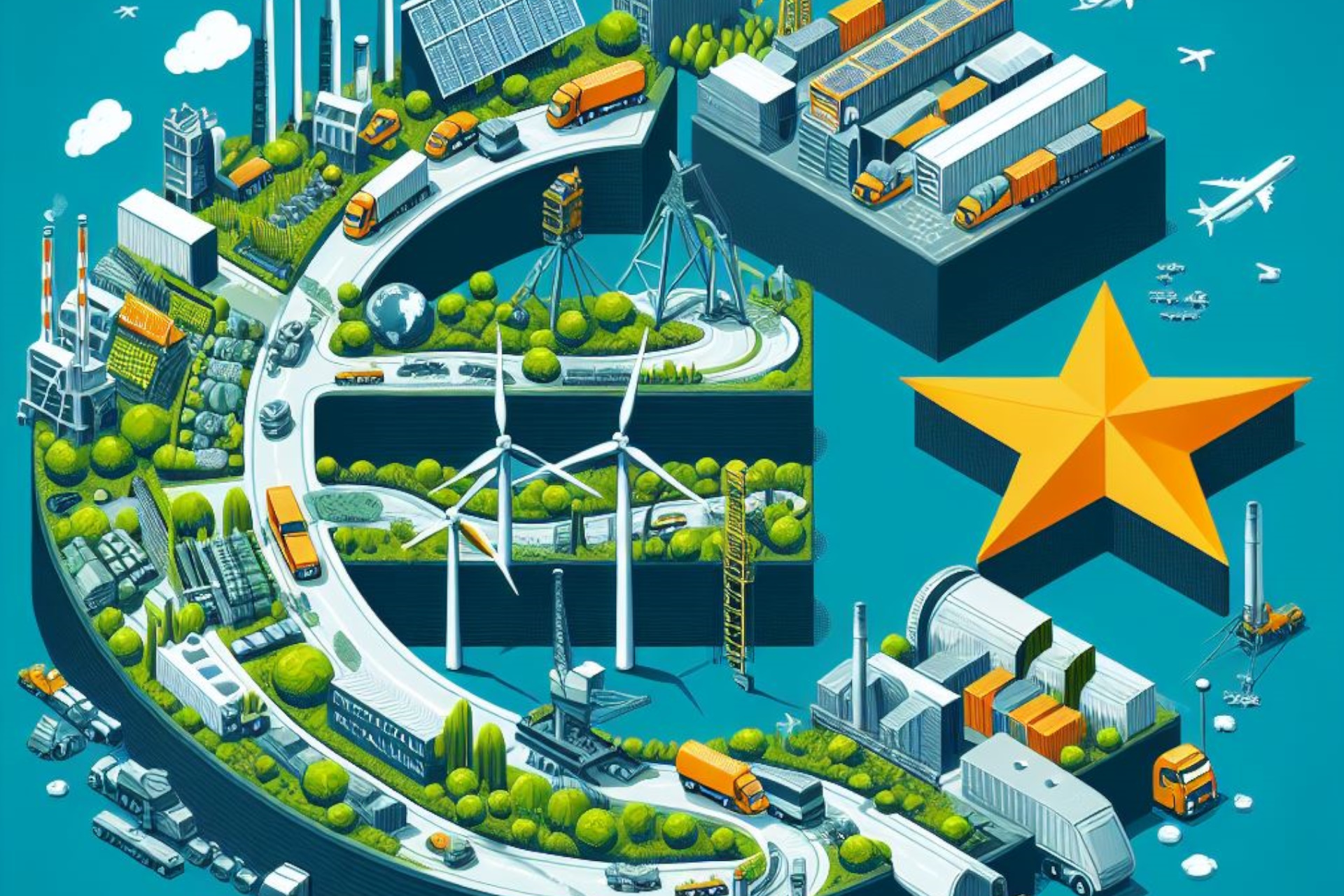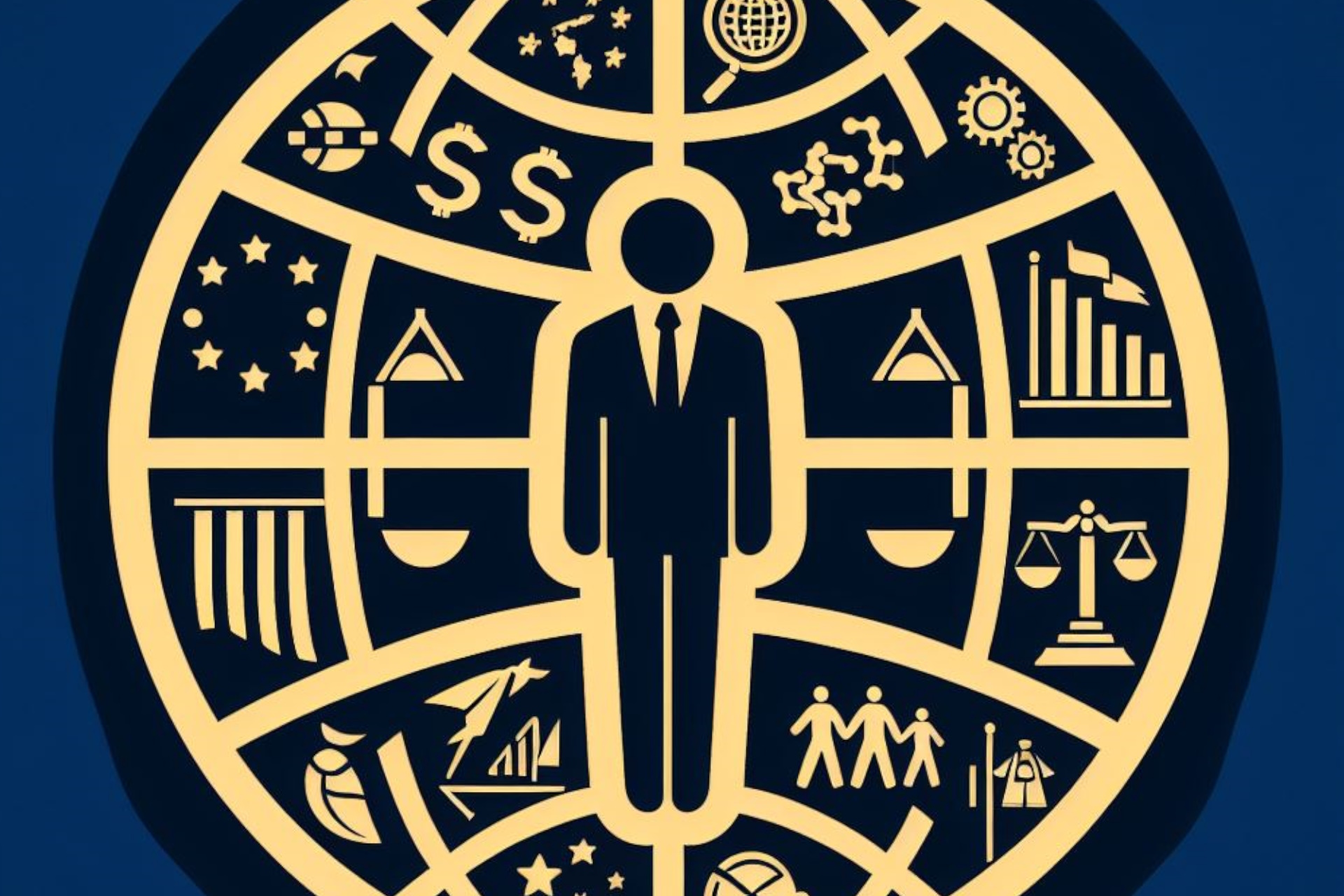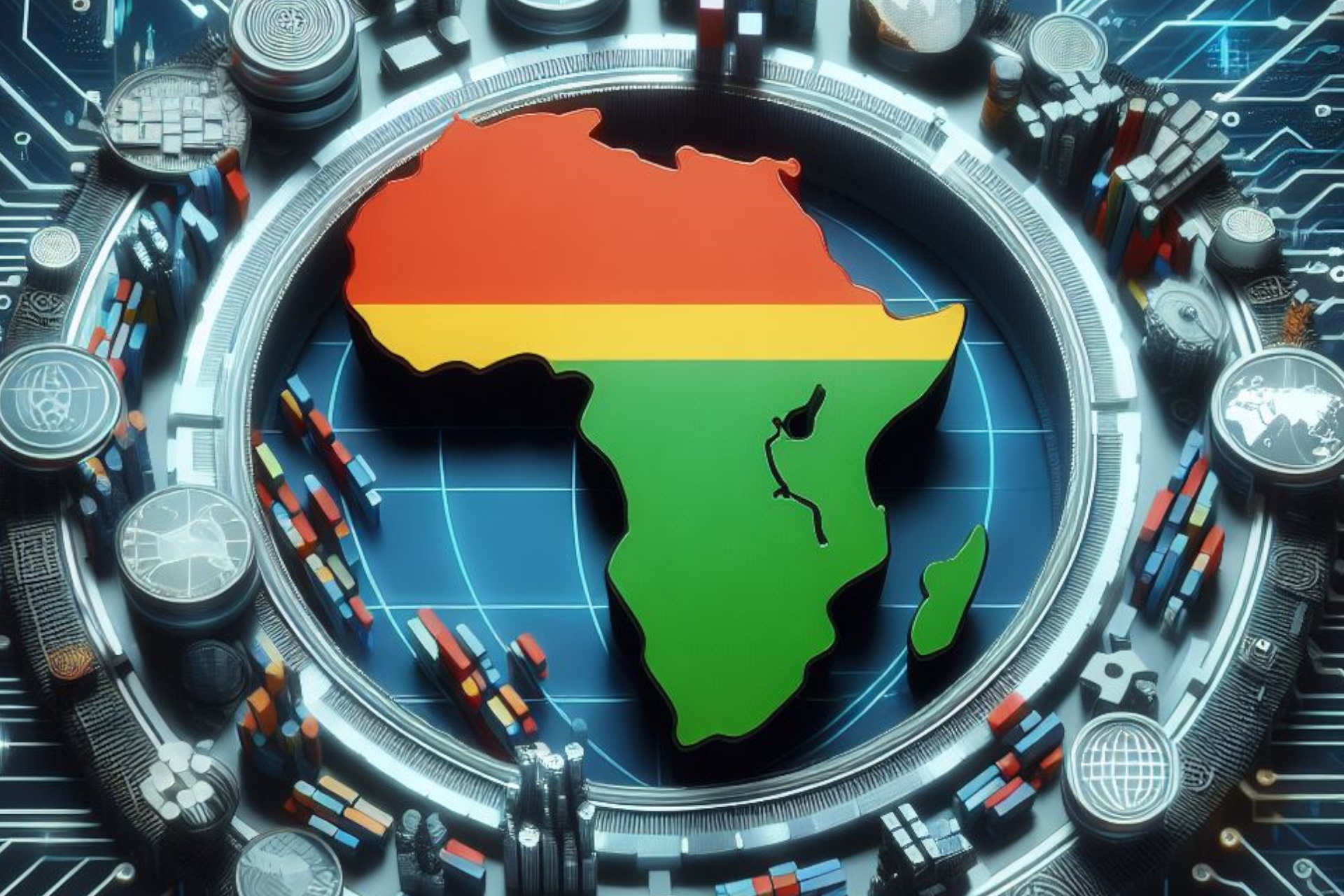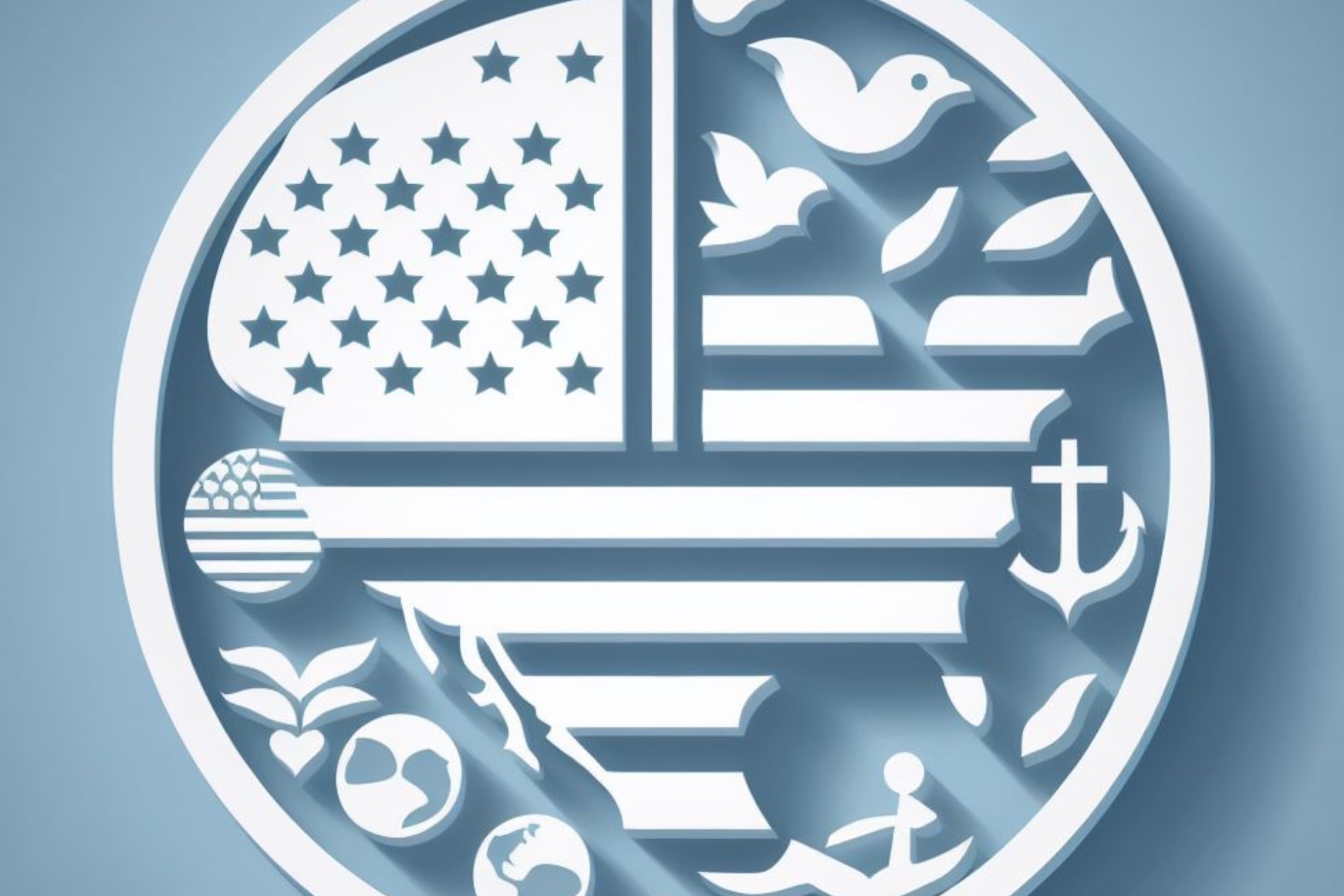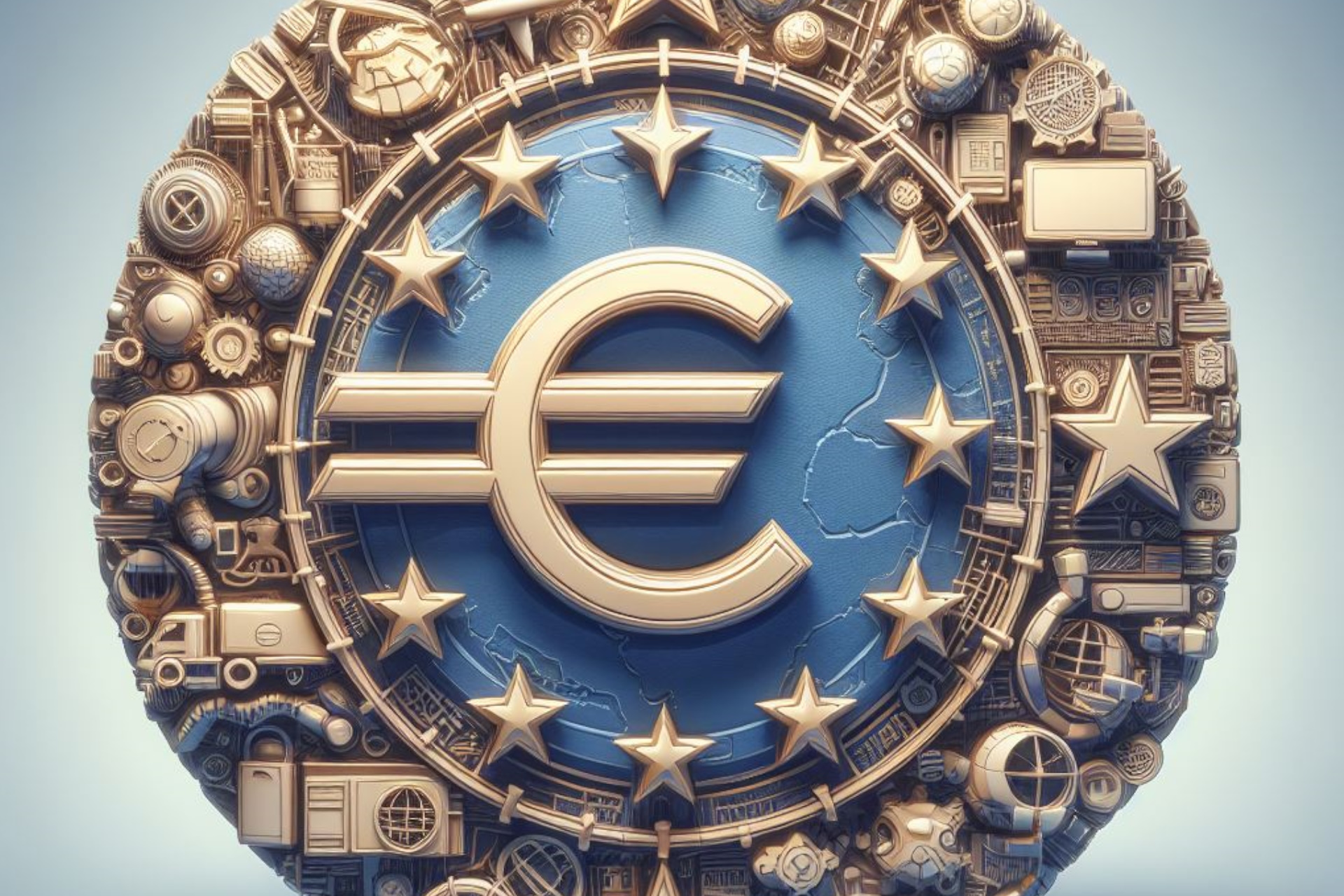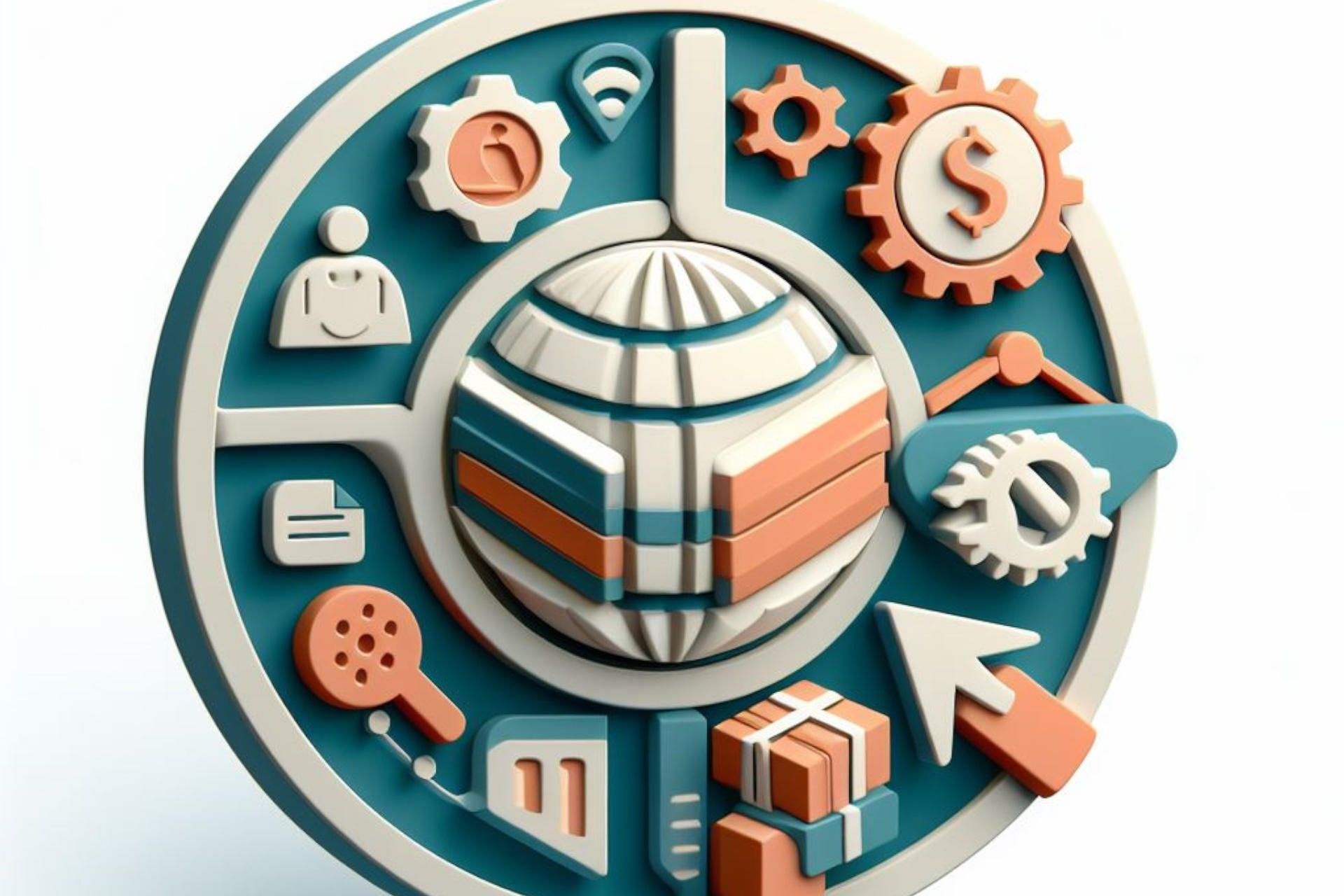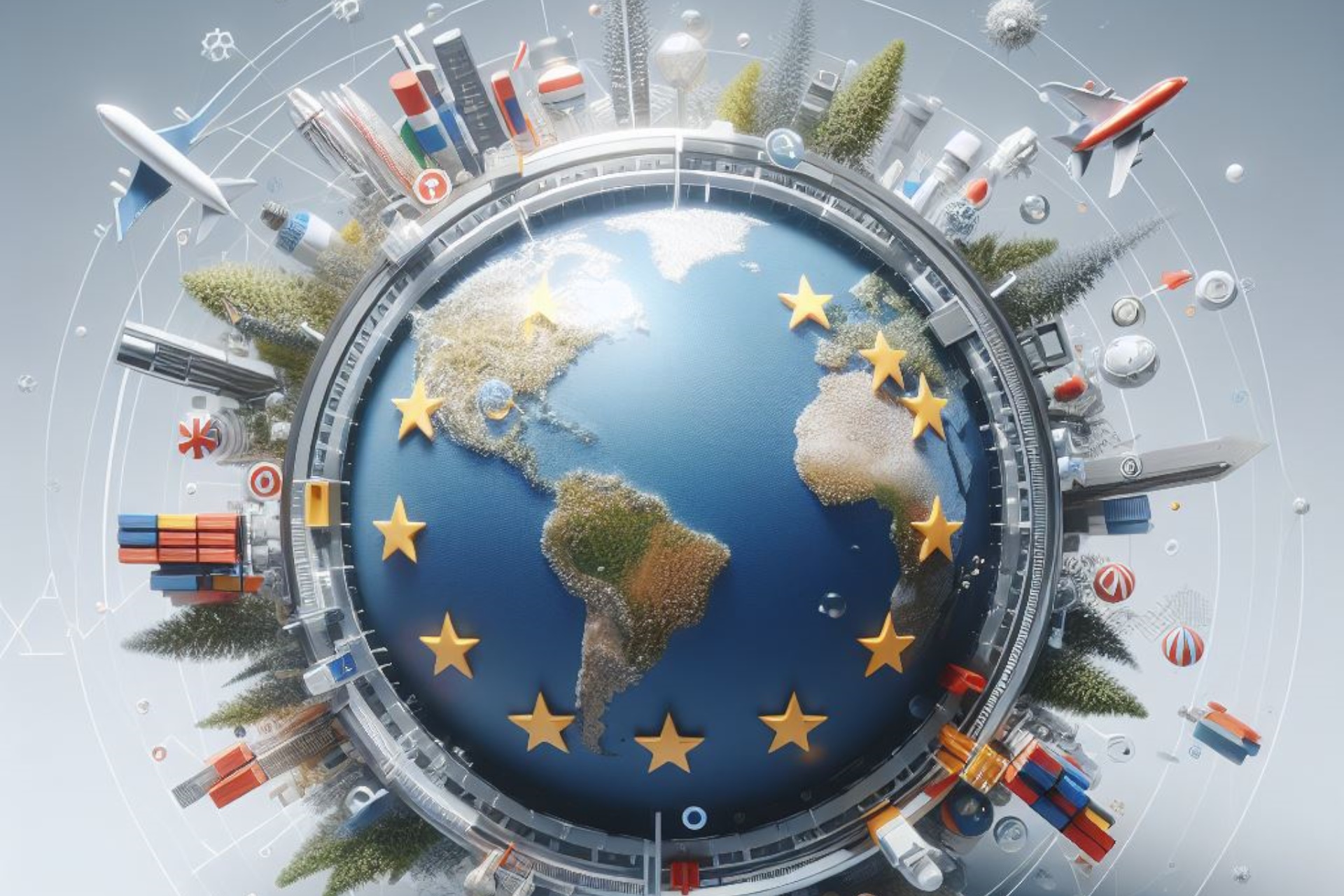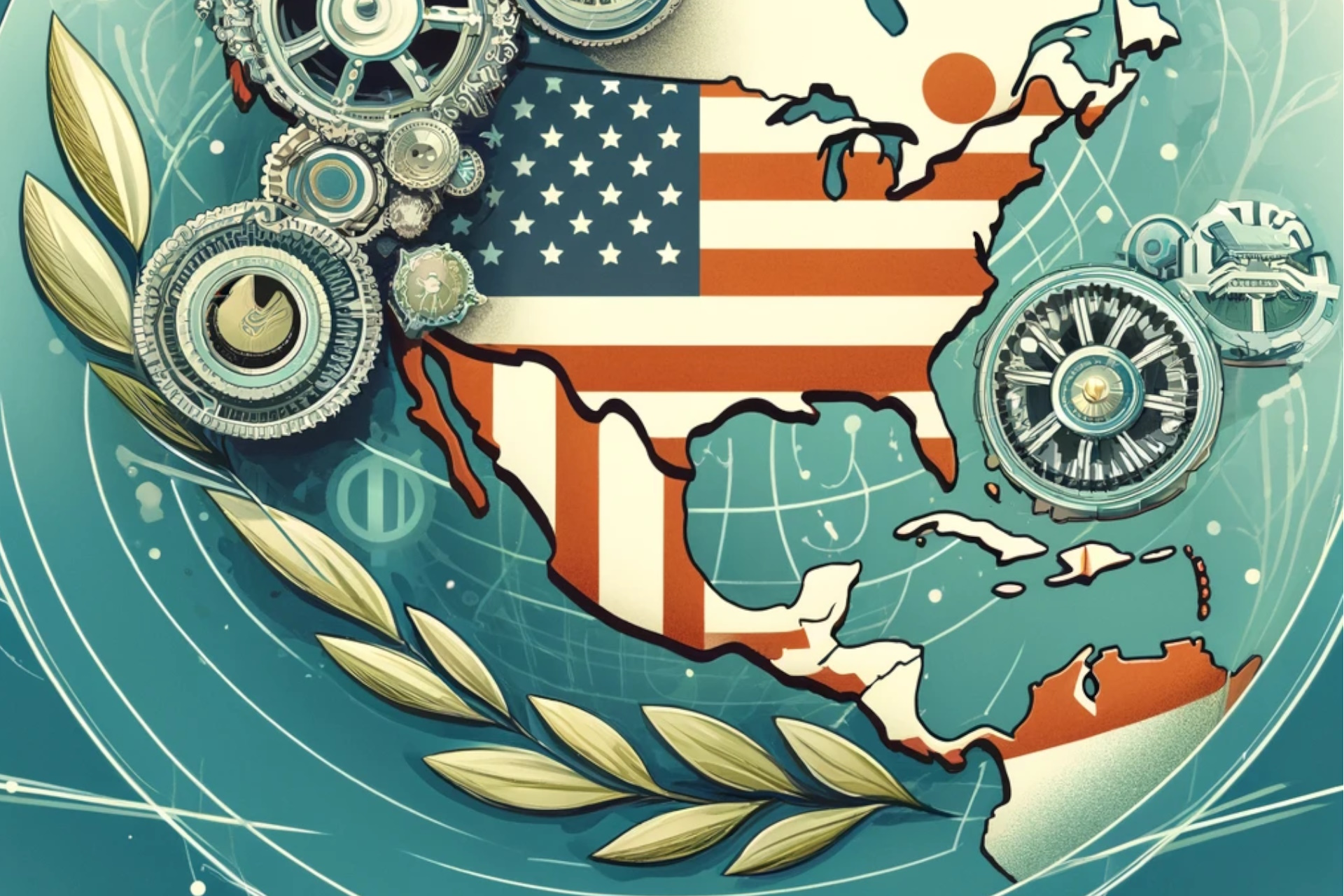Europe's response to supply chain labor rights violations underscores its commitment to upholding human dignity and social justice in the global economy. Through robust legislation, international cooperation, transparency, and stakeholder engagement, Europe is driving positive change and setting a high standard for ethical business practices worldwide.
In an interconnected global economy, the complexity of supply chains often obscures the realities of labor conditions. While globalization has brought immense economic growth, it has also highlighted the prevalence of labor rights violations in the production of goods. Europe, with its strong commitment to human rights and social justice, has been at the forefront of addressing these challenges, championing ethical practices across supply chains.
One of the key initiatives driving Europe's response to supply chain labor rights violations is the concept of due diligence. Under the European Union's (EU) approach, companies are increasingly held accountable for ensuring that their supply chains adhere to strict labor standards. This entails conducting comprehensive risk assessments, monitoring suppliers' practices, and taking proactive measures to prevent and mitigate potential violations.
Legislation such as the EU's Directive on Corporate Sustainability Due Diligence is a significant step forward in this regard. This directive aims to make due diligence mandatory for companies operating within the EU, requiring them to identify, prevent, and address adverse impacts on human rights and the environment throughout their supply chains. By placing legal obligations on businesses, Europe is setting a precedent for responsible corporate behavior and encouraging a race to the top in ethical sourcing practices.
Moreover, Europe has been instrumental in fostering international collaboration to tackle supply chain labor rights violations. Through partnerships with international organizations, such as the International Labour Organization (ILO) and the United Nations, European countries are working to harmonize standards, share best practices, and enhance monitoring mechanisms globally. By leveraging its economic influence and diplomatic networks, Europe amplifies its voice in advocating for labor rights on the international stage.
Transparency and accountability are also integral to Europe's approach. The EU's Non-Financial Reporting Directive requires large companies to disclose information on their environmental, social, and governance policies, including efforts to address supply chain labor rights issues. By increasing transparency, consumers, investors, and civil society organizations can hold companies accountable for their actions and make informed choices based on ethical considerations.
Furthermore, Europe recognizes the importance of engaging stakeholders across the supply chain, including workers, trade unions, and civil society organizations. Initiatives such as multi-stakeholder dialogues and industry-led initiatives promote collaboration and knowledge sharing to address common challenges collectively. By fostering dialogue and building partnerships, Europe fosters a culture of cooperation and shared responsibility in promoting labor rights.
As Europe continues to refine its strategies for addressing supply chain labor rights violations, ongoing challenges remain. Enforcement mechanisms must be strengthened to ensure compliance with existing regulations, and greater emphasis should be placed on supporting vulnerable workers, particularly in sectors prone to exploitation, such as agriculture and garment manufacturing.
#SupplyChainEthics #LaborRights #CorporateAccountability #EthicalSourcing #EURegulations #Transparency #DueDiligence #InternationalCooperation
Read more views

























































